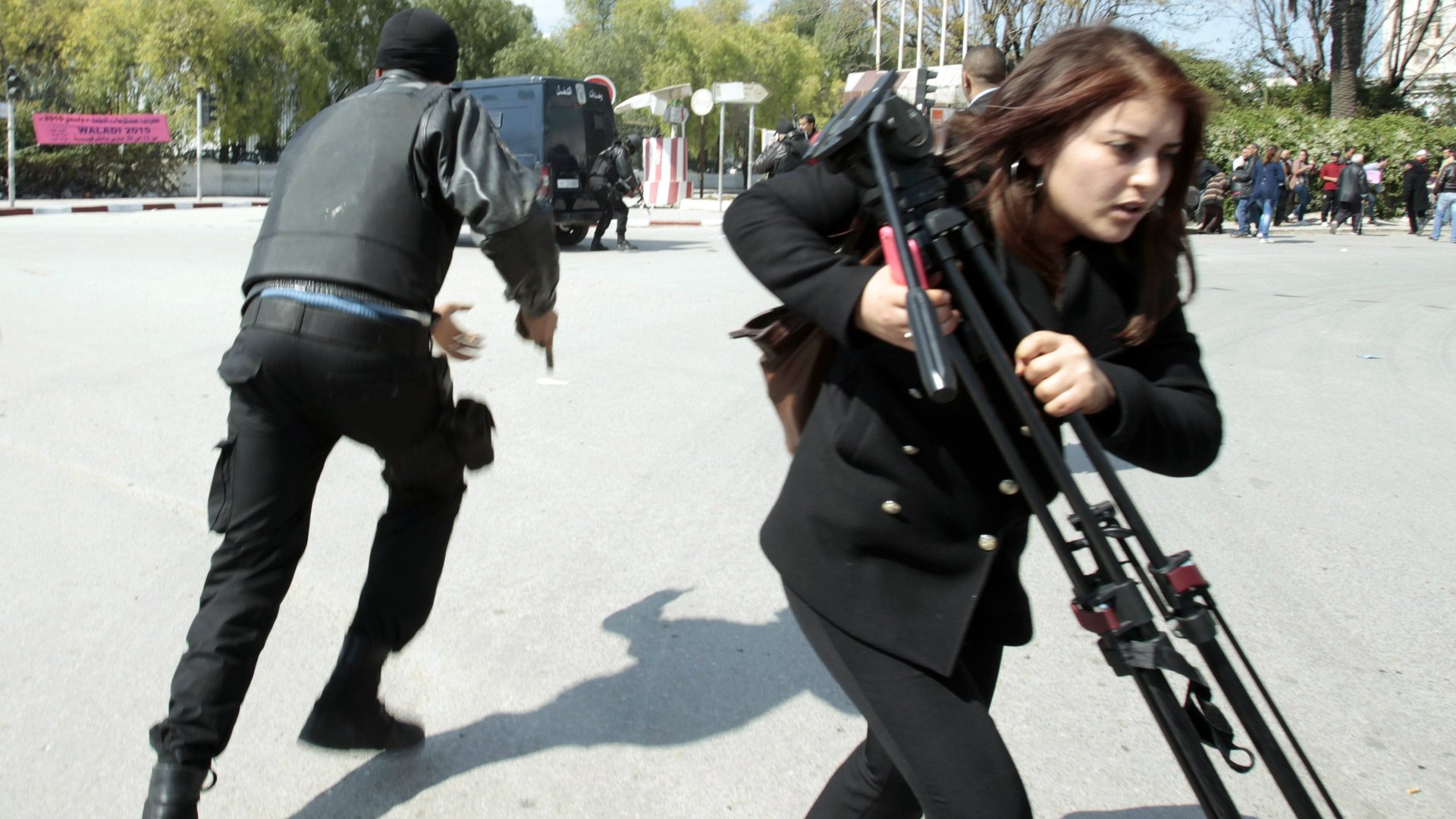ISIL’s deadly string of attacks may actually have little to do with ISIL
ISIL has been knocked back on its heels on its home ground in Iraq and Syria, but a deadly spate of bombings elsewhere–including more than 120 killed in Yemen today, March 20—has helped maintain its reputation for exceptional brutality.


ISIL has been knocked back on its heels on its home ground in Iraq and Syria, but a deadly spate of bombings elsewhere–including more than 120 killed in Yemen today, March 20—has helped maintain its reputation for exceptional brutality.
The wrinkle in the string of new attacks—in Libya, Nigeria, Tunisia, in addition to Sana’a, the capital of Yemen—is that ISIL may in fact have played no direct role in any of them. Instead, existing local militant groups have declared themselves affiliates of ISIL, thus acquiring for themselves some of the brand recognition generally accorded to the terrorist group that calls itself the Islamic Group.
In turn, ISIL seems perfectly happy to claim responsibility for these attacks.
Through this sleight of hand, ISIL effectively lives to fight another day, and gets to assert that it has expanded its reach, when in fact that may be only cosmetics.
In the case of a March 18 attack in Tunisia that killed 21 people—most of them Western tourists—ISIL quickly claimed responsibility, but there is as yet little evidence of its direct participation.
Similarly, ISIL has no operational control over Boko Haram in northern Nigeria, or even over the group fighting under its banner in Libya (paywall), where scores of foreign militants are part of the general political chaos.
This is no consolation to the societies under attack from the groups claiming association with ISIL: whether or not the connection is genuine, the death toll from these attacks is very real. But for those fighting ISIL in Syria and Iraq, there’s some reassurance in knowing that the enemy’s claims of “expansion” are, for the most part, smoke.